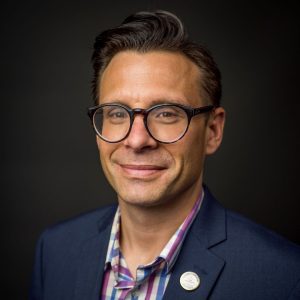Renaming something, including coining a new word to describe something, is common today. When people do this, they seem to be trying to accomplish one of several outcomes. First, they may be trying to make something old sound new. Second, they may be trying to convince us of a new angle on something old. Third, they may be trying to fool us into believing something new really has been discovered.
A recent article on polyamory – a relatively new word – attempted to do all these things. The word polyamory attempts to make something old sound new, offers a new angle on something old, and presents itself as a newly discovered ideal. But, alas, the article was only a creative writer playing the name game. Polyamory is a just a new word for an old concept – adultery.
Polyamory means having multiple sexual partners. The definitions of those relationships vary, depending on the people involved. The participants involved in these relationships admit they are complicated, but that doesn’t deter them from attempting to make them work in the pursuit of personal fulfillment and sexual pleasure. Renaming helps legitimize the behavior and soften the cultural resistance to accepting it.
Renaming something, like adultery, attempts to remove the negative connotations associated with the original word. Adultery is bad; not much discussion about that. The Ten Commandments and even the culture at large condemn adultery. An adulterer is a liar and a cheater – not ways anyone wants to be described.
Polyamorous partner sounds much more pleasant, and attempts to remove these negative undertones. But playing the name game doesn’t belie the unfaithfulness, betrayal, and resulting pain adultery causes. Making up a new word to describe an old concept doesn’t remove its sting or its stain.
Preachers and teachers make their living with words. Making up new words to salve emotional wounds, attempt to alleviate guilt, or soften convictions about sinful behavior is not helpful. Let’s use words that communicate plain meaning, and when necessary, allowing pain-inducing words to motivate us to change. Being honest, with truthful words, is the name of the game.

Hope in Suffering
Gateway student Matt Bodden is an evangelist who is ready to answer the question of suffering with the gospel.

The Gateway Journal of Theology Inaugural Issue
Read all new articles in the inaugural issue of The Gateway Journal of Theology.

Lessons from Twenty-Five Years of Preaching God’s Word
I am unashamedly an expository preacher. My first sermon, however, was not.




